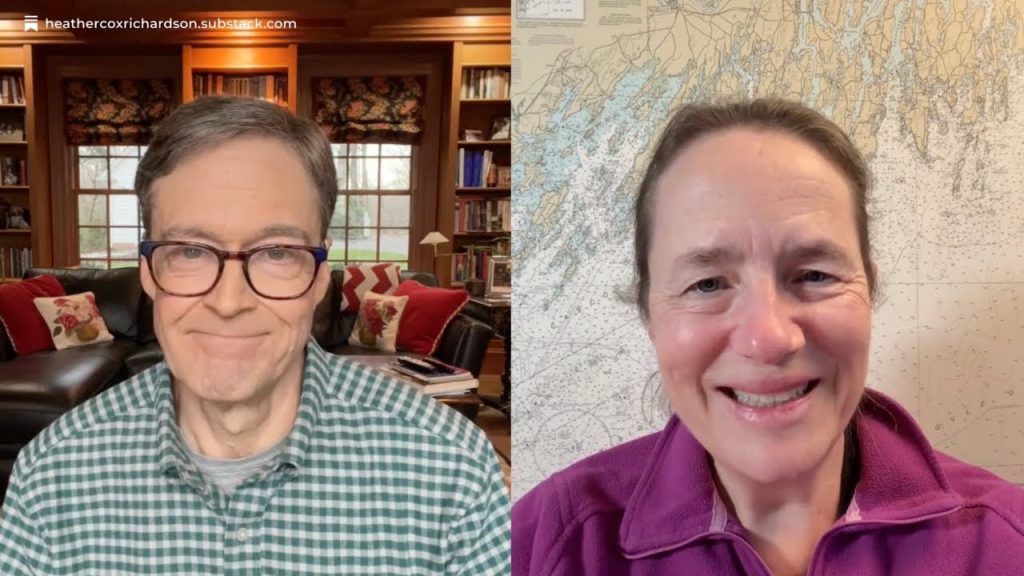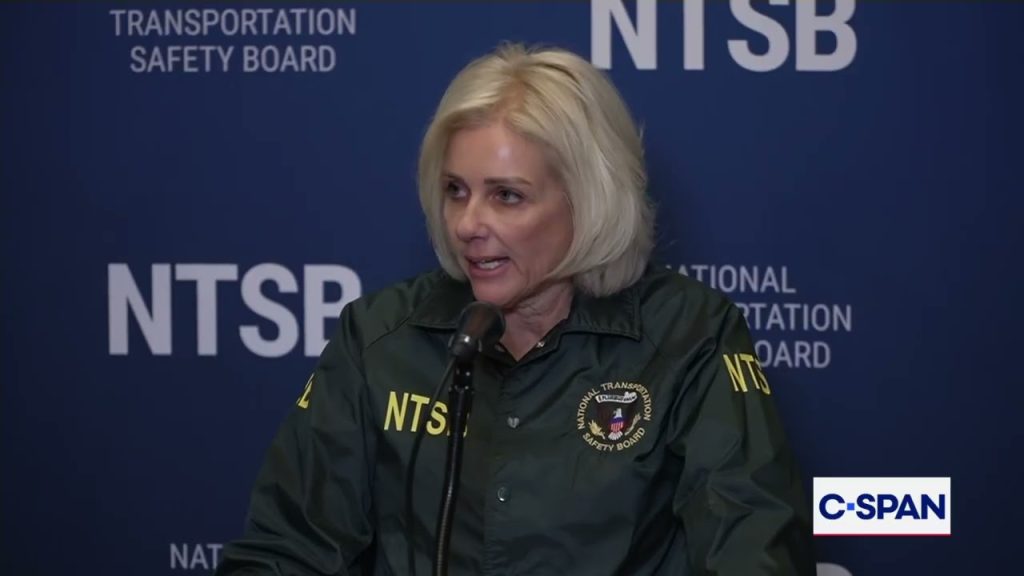The provocative title, “It’s not ‘PEE TAPES’…….”, immediately draws attention to one of the most sensational and widely debated allegations that has circulated in recent years — the so-called “pee tapes.” This term emerged amidst the backdrop of political intrigue and conspiracy theories primarily linked to investigations into foreign interference in American elections and high-level political scandals.
The phrase “pee tapes” originated from unverified claims in a dossier compiled by former intelligence officer Christopher Steele. This dossier, which gained prominence during the 2016 U.S. presidential election, alleged compromising material involving then-candidate Donald Trump and Russian operatives. Although the specific existence of such tapes has never been substantiated by credible evidence, the allegations have fueled a significant amount of political discourse, media speculation, and partisan debate.
Over the years, the narrative around these claims has evolved into a symbol of the broader conflict between supporters and critics of former President Trump. It also reflects the complexities of modern political battles, where unverified allegations can become cultural and media phenomena, influencing public opinion and political dynamics far beyond their original context.
The implications of these allegations touch on issues of national security, media responsibility, and the nature of political campaigning in the digital age. They also underscore the challenges in distinguishing between fact and fiction in a hyper-partisan environment. Discussions about such topics highlight the importance of critical evaluation and reliance on verified information amidst a whirlwind of rumors and politically motivated attacks.
Ultimately, the insistence that “It’s not ‘PEE TAPES’……” suggests a push to reframe the conversation, possibly focusing on alternative narratives or clarifying misconceptions connected to the allegations. Understanding this discourse requires an awareness of the surrounding political climate and persistent cultural tensions that shape how such claims are perceived and debated.
Where to Learn More
- Reuters – Comprehensive coverage of political investigations and verified fact-checks
- Politico – In-depth political analysis and reporting on U.S. elections and related controversies
- BBC News – Politics – International perspective on U.S. political scandals and media narratives
- CNN Politics – Detailed updates and reporting on political developments and allegations
- FactCheck.org – Nonpartisan resource for verifying claims and debunking misinformation




